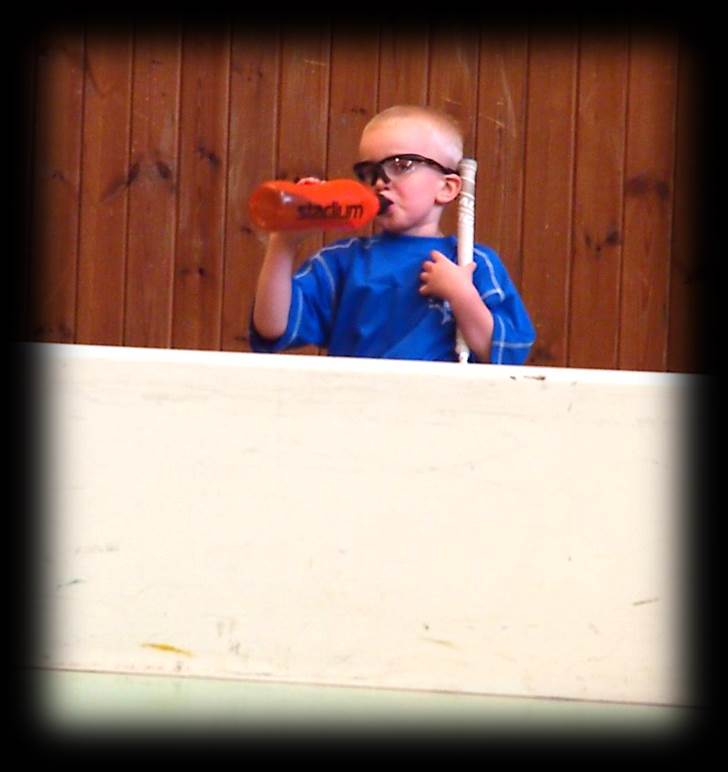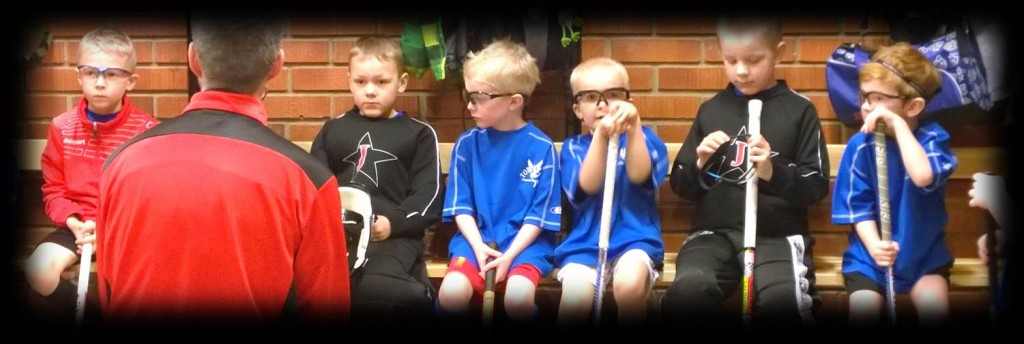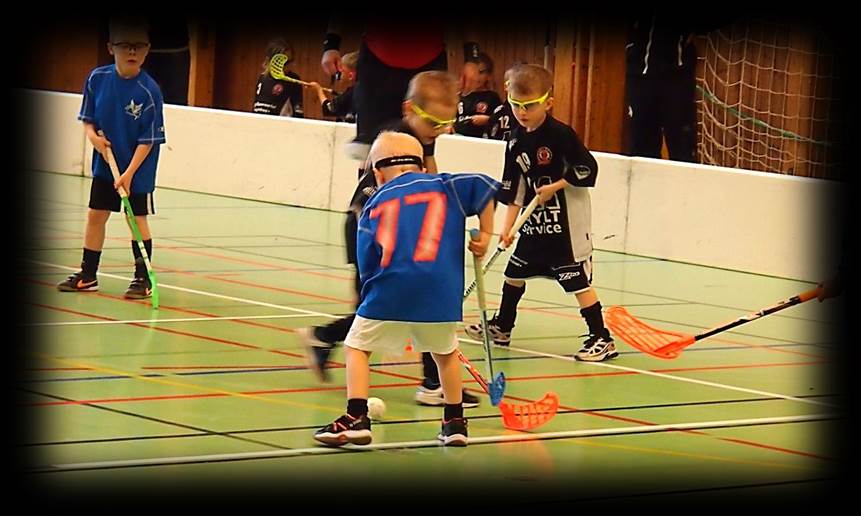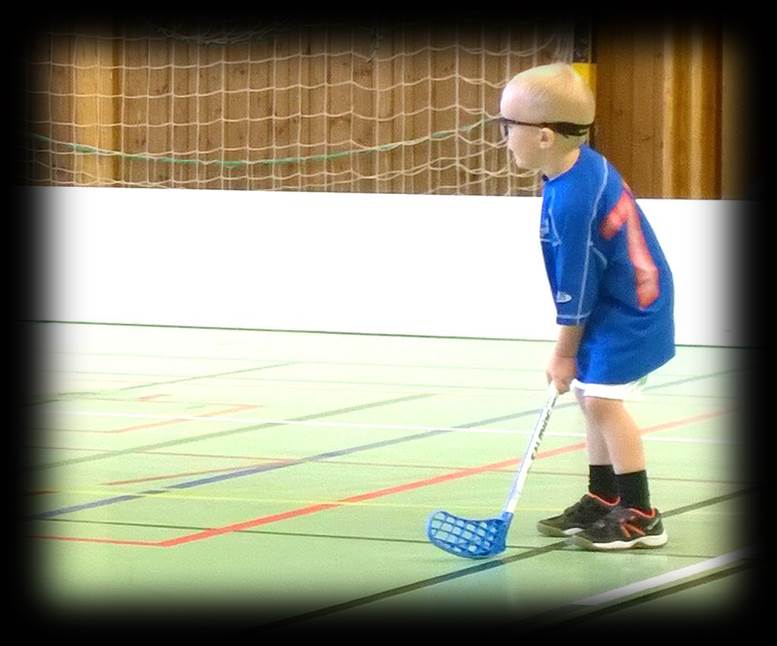If you get criticism or negative feedback, instead of protecting your self with excuses or explanations. Try to tell your self , “there is some truth in what you say, and there is a reason behind, why you say so”. Take the feedback with you and value it later…
Tag Archives: Floorball coaching philosophy
Floorball – Celebrate with the team or with me?
If you listen to some interviews depending of the outcome you most likely will hear a difference. Many times a negative floorball result or performance is explained with external factors (referee, unlucky, away game etc), or wage internal factors, we tried, but today we did not manage to live up fully to our capability. Success on the other hand is most likely described with own successful performance and skills or a team members successful performance and is most likely quite precis. Do you recognize it?
“The linesman scored the goal. No-one knows if that shot went over the line and you must be 100% sure” /José Mourinho
Giving Feedback
Giving feedback or in explaining your floorball teams performance, the following aspects should be consired.
Cause
Internal or external factors? Internal could be your own effort and skills. External can be referee, floor, surface weather, unlucky and so on.
Stability
Stable over time or just “one timer”
Control
Control over the situation, who was in charge.
Floorball Teams/players that are explaining their failures or success with external causes, as “one timers”, that where out of control for the team/player, will most likely end up in a really bad negative trend.
On the other hand floorball teams/players explaining their success with internal cause (their own effort, skills etc.), stability over time (we/I can and will be able to do it again) and we did it because we acted according to the game plan or as we have practiced (control), will have better chances to perform well next time as well.
Here you as floorball coach have an important role, because how you explain the results (cause, stability and control), will also affect the degree of how much your floorball team members will explain the results in this way, and also how they act during the game. The same principle can be applied on feedback during a floorball match.
Feedback during the floorball match
Your feedback during a floorball match can mostly be divided in three categories,
– Positive/negative reinforcement
– Technical instructions
– General encouragement
How are you acting in your coach role during a match?
-In the half-time Mourinho told me that “I want more intensity from your side, you are not the Milito I know, you are just walking around” – After that I scored two goals. /Diego Milito
How to celebrate a floorball goal?
What about the feedback between the players during a match? If you look at celebrations after a goal, how is the goal scorer acting? Running away from the team, or to the team members? Was the goal his or the teams, how is his/her reactions, ME or WE?
Feedback to the team or individuals?
There can also be difference if you are talking about team or individuals when you are explaining or giving feedback on the performance. Will you strengthen the floorball team or individuals in the team? In floorball teams with low team spirit or in a losing team, it tends to be more individual aspect in explaining the results and in teams with good team spirit and communication within the team, the team approach is more common, for both victories as losses, we win as a team, we lose as a team.
Mistake
Finally a sentence about the most common reason for feedback from the coach or the team members, mistakes. “Everyone makes mistakes, but to get upset and also show it, makes the mistake complete” (Look, it was me who did it…)
Floorball – Hard days will always come, but never last?
What other people think of you is none of your business (I think Mourinho could have said that), Leadership is about having an unshakeable faith in your goals, vision and in your power to make positive things to happen together with your floorball team, these are also the things, good leaders are able to feed back to the team, to give more energy and keep a clear direction.
Just remember that hard days will always come, but never last, but strong people always do. Hard times are just opportunities to learn for the future!
Hard times build great leaders and floorball players. During the hard times and pressure, your leadership ability and skills are tested. Are you, or can you always be in control of things?
“If everything is under control, you are going too slow” /Mario Andretti, race driver
“The only thing that we cannot control is our supporters” / José Mourinho
“Pain is temporary. Quitting last forever”. /Lance Armstrong
Great leaders and teams create castles of the stones others throw at them, but it’s impossible to build a castle of success on a foundation of excuses.
Floorball – Feedback to all players, from striker to waterboy
Social loafing
In order to avoid social loafing (social loafing = I’m not important, nobody will recognize if I don’t do my best), it’s important that you give feedback to all of your players, so they know you see them, and they feel they are unique, important and meaningful for the team’s success. This is especially important for the players with less “glamorous” roles, left or right defensemen (compared to a striker), hardworking defensive players or the substitutes (Waterboy).
See each individual performance
So you need to ensure you see each and every individual performance, and are able to give feedback, so the players can’t fall in to the trap of social loafing, they feel that you see them all the time and therefore the value of their performance will increase, you are showing them every player is important for the teams success. Like the small thing in the corner, when you played defense, so the opponents where not able to get in the front of the goal…
Floorball matches and practices
This is of course applicable for both floorball games and practices. Look at José Mourinho during the games, he is taking notes and writing in his small notebook through the whole game. It’s impossible to remember everything from the floorball game or practice… Your notes will help you when you want to give correct feedback after a floorball game or practice to each player, and the message will be stronger if you can refer to the the game situations correctly. Individual meetings with each floorball player will be a helpful method to avoid social loafing.
Feedback Guidelines
– Do it directly if it’s possible
– Be precise (use examples from the game and practice)
– React on one action or behavior (not person)
– Use I messaging, I feel… I can see…
– Keep it short
– Use silence (silence makes the player(s) reflect and think)
– Open up for a solution, (how do you feel? How could you do this differently?)
– Ending, (OK, like you said… …could that be the way you try to do it the next time?)
“Give feedback to your best players, otherwise they won’t be best in the long run, but give feedback also to the low performing players, so they know, that you know…” /Swedish hockey coach
“Guys you need to take more shots, they have also a bad goalie!” /Swedish hockey coach
After each game, Mourinho congratulates all his players on the pitch and bench, starting with his captain. And he does so by hugging them and/or touching their heads, not many managers has this kind of close rapport with their players.
Floorball – See the opportunities – feedback and evaluation
There is a clear connection between, quickly getting rid of your previous negative thoughts related to your performance and your next performance in the next floorball drill, practice or game. Have you “driven of the road” in to the ditch, you will face two options, to stay in the ditch and complain about your situation and feeling pity of yourself. Or you can immediately start the actions to get you back on road again, get your focus back on the original plan (what and how).
Refocus
The ones, who are good at this, refocusing, will avoid unnecessary energy leakages and be able to keep their self-confidence. Many times the players will continue to get negative thoughts after a mistake. What if I will fail again? What if I get injured? What if I will not be successful? All this can be changed to, what if I will have fun again? What if I’m good? What if I will be successful? This is something you can visualize for your players and guide their thinking in the right direction.
Think of, or look up some videos with José Mourinho in a press conference after a game, how does he act, what does he say after a win or after a loss? Is there a difference in his behaviour?







